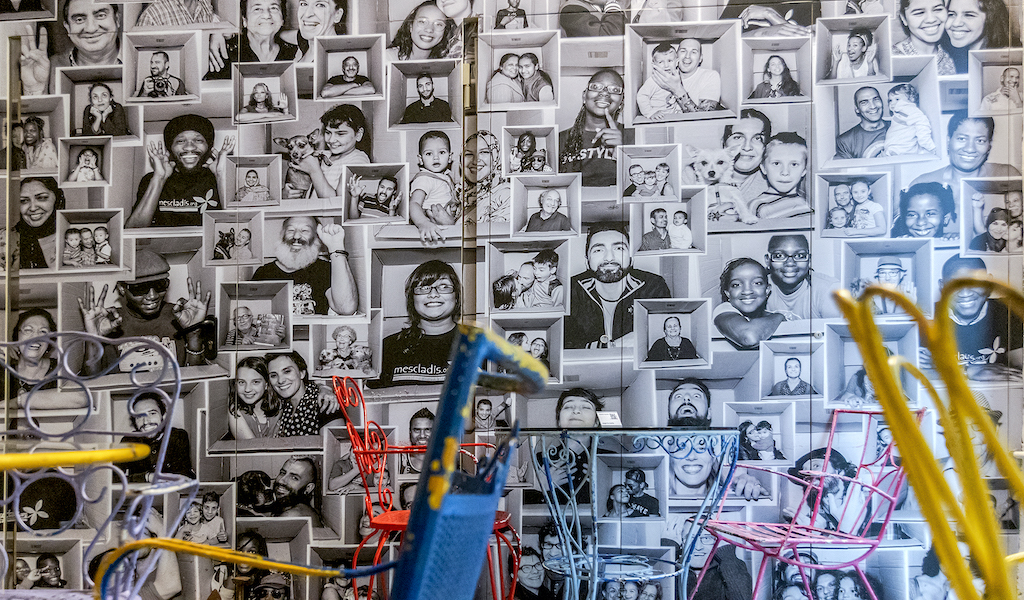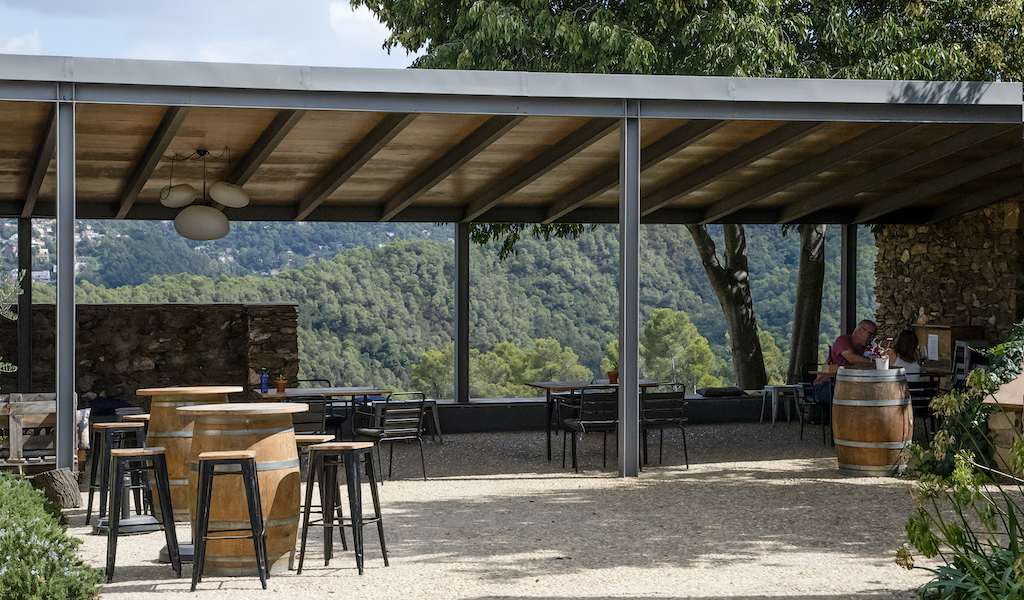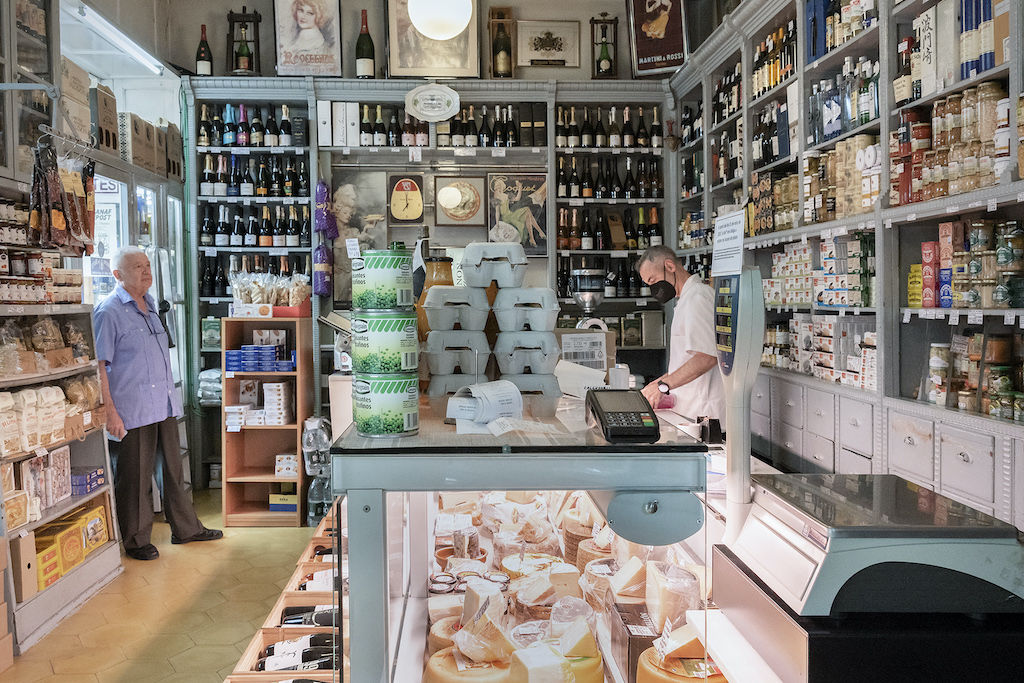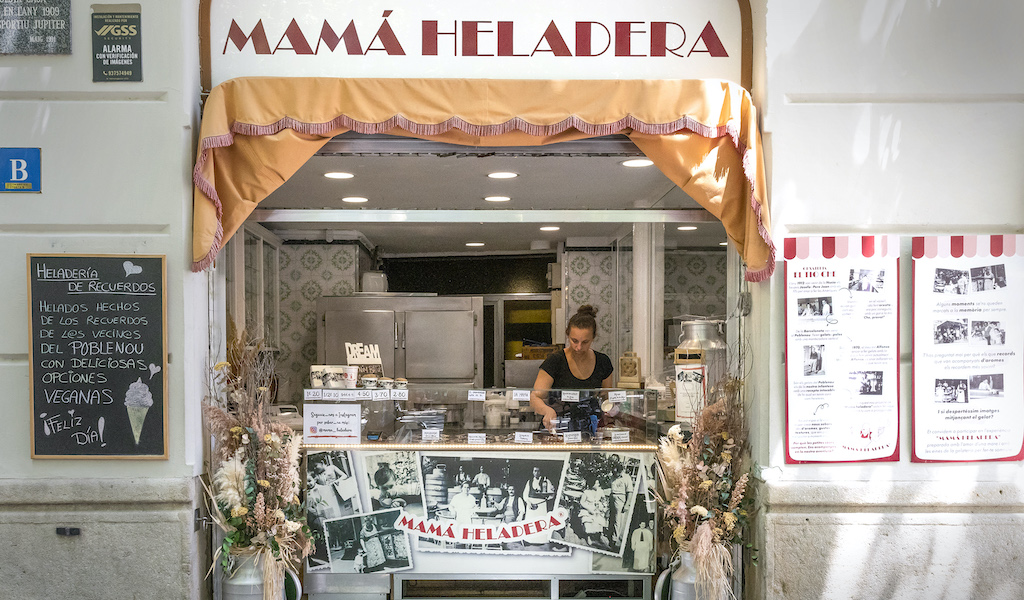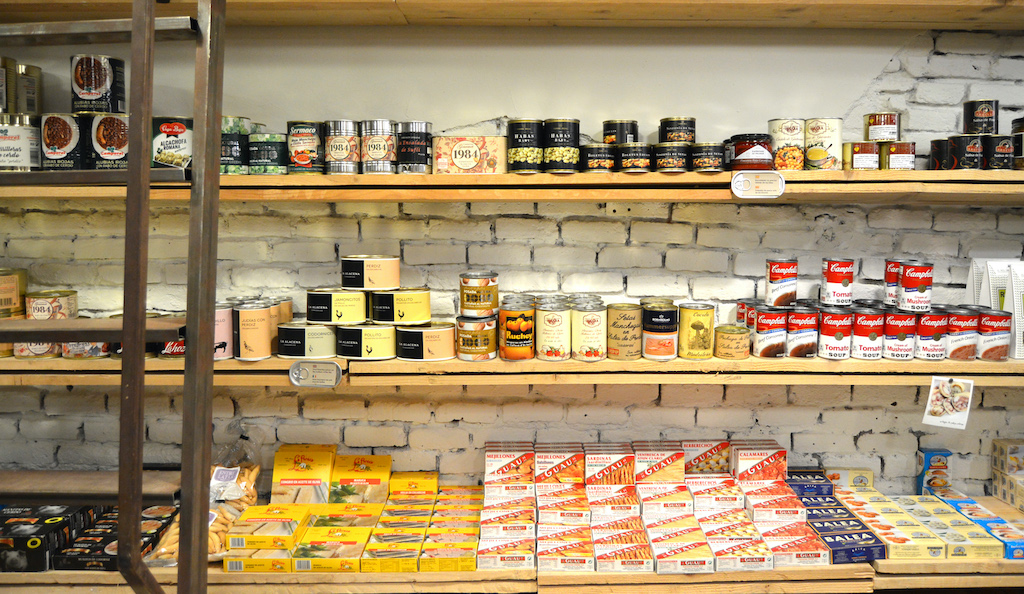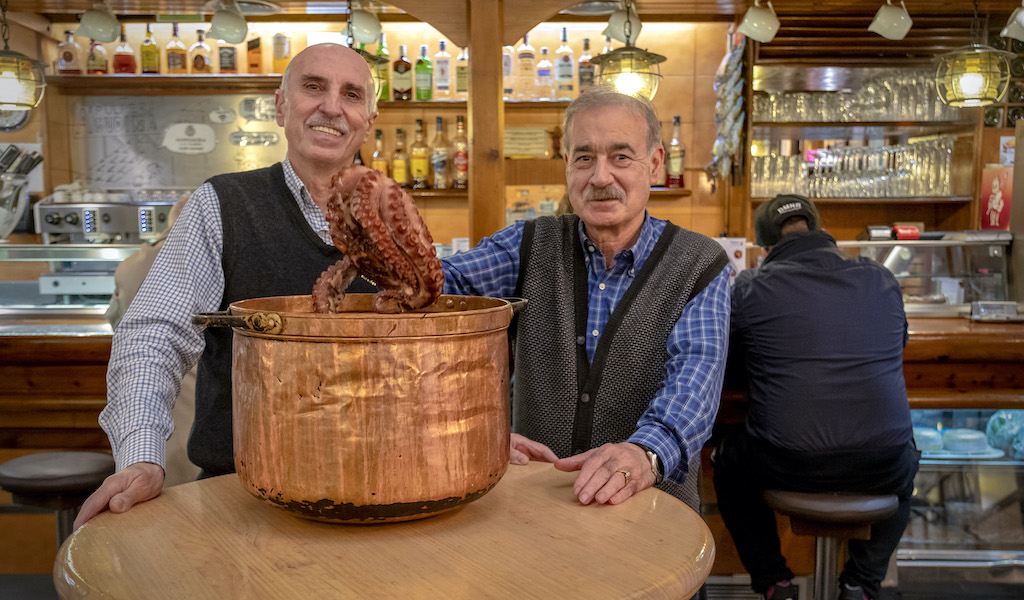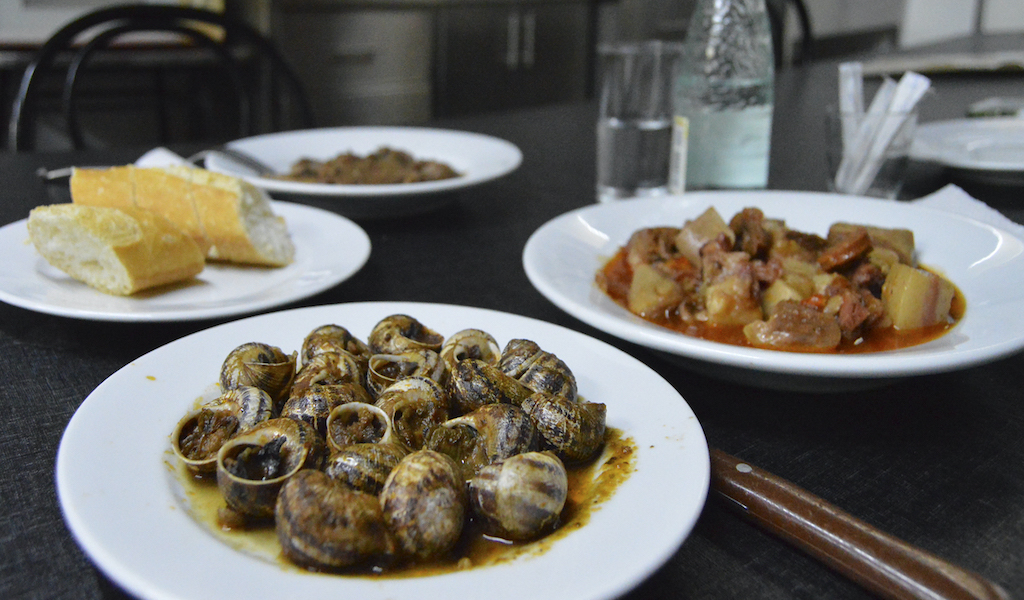We can't find the internet
Attempting to reconnect
Something went wrong!
Hang in there while we get back on track
Search results for "Paula Mourenza"
Barcelona
Espai Mescladís: Cooking Opportunities
During our visit to Mescladís Borrel Restaurant & School, Victoria Gio, coordinator of the Mescladís program, is on the phone for a long time. She smiles and looks around trying to find someone – she has good news for one of the students. It is Ibrahima, a tall, shy student from Senegal who at the moment is concentrated on preparing bissap, a delicious hibiscus flower infusion that is served as cold refreshment in the Mescladís restaurants. Ibrahima has secured a job in a local restaurant, and together with Gio will start the process to help him to arrange all the documents he needs. We congratulate him.
Read moreBarcelona
Take It Outside: Barcelona’s Best Outdoor Dining Spots 2022
It has been an endless summer in Barcelona. The temperatures are historically high and use of public air-conditioning historically low due to government-imposed energy saving measures. We are learning to live with what looks like a constant heat wave, where the best hours of the day start at night. The city is now recovering its social and cultural activity after the holidays and the urban and green spaces, with its open-air terraces and inner patios, are still the authentic heart of the city where to meet up with friends and indulge yourself with a delicious bite and a cold glass of wine.
Read moreBarcelona
Colmados: Gourmet Groceries
Colmados, queviures, mantequerías, ultramarinos…there are a number of names for Barcelona’s traditional grocery shops, temples of specially curated items ranging from fine charcuterie to preserved fish and seafood, wine, spirits and cheeses. In the 19th century, Barcelona’s large neighborhood markets were the main centers of food distribution in the city, supplying consumers with fresh produce, meat and fish. Barcelona’s first colmados originally served as the place to get all the specialty delicatessen products and spices unavailable in the markets, and also supplied a variety of new jarred, packaged and canned products that 19th-century industrialization introduced to Spain.
Read moreBarcelona
Mamá Heladera: Gelato, Flavored By Memories
The smell of clean clothes with a lavender sachet from grandma’s closet; the family farm in nearby Lleida province during summer with apple trees and wild aromatic herbs growing all around; peaches washed in seawater during a beach day; an afternoon snack of popsicles while playing under the pine tree in the garden. These are just some of the memories that neighbors left in the mailbox of Mamá Heladera in Barcelona’s Poblenou, where owner Irene Iborra turns them into gelato flavors – an initiative that was recently awarded by the Barcelona City Council as best new innovative business (XVII Premis Barcelona Comerç). Mamá Heladera sits next to Tío Che, a classic horchateria and ice-cream parlor on Rambla del Poblenou that opened in 1912.
Read moreBarcelona
Conservas: Canned Classics
In Spain, conservas, or foods preserved in cans and jars, are not simply a matter of economic survival or a source of basic nutrition for students, hikers, military recruits and the like. Rather, the tradition of conservas more resembles that of keeping one’s most beautiful jewelry locked safe in a strongbox – a prized possession to bring to the table on special occasions, and a unique offering that can be found in both traditional and modern bars and bodegas. It was a Frenchman named Nicolas Appert who invented the technique of canning around the beginning of the 19th century, earning a 12,000-franc prize from Napoleon for having found a way to keep the French army alive and well-fed during its long war campaigns.
Read moreBarcelona
Pulpería A Gudiña: Pulpo Paradise
Pulpo (octopus) is more than just a staple food in Galicia (the autonomous community in northwest Spain); it is an icon, a national symbol venerated by Galicians as well as Spaniards across the country. In Galicia, this cephalopod is consumed at traditional village fairs, and is sold on weekends at street stalls. These stands are usually run by women called pulpeiras, who boil dozens of octopuses on portable stoves in large pots made of copper. The octopus is then served on wooden dishes with paprika and olive oil, or plopped into plastic bags with some of the cooking water to take home.
Read moreBarcelona
Flyby Dining: Barcelona
Eight, six, or even just four hours in Barcelona’s airport are enough to take a cab or the Aerobus and jump into the city. The ride from the airport to the center takes around twenty-to thirty-minutes, and is really worth it to escape from the capsule of the airport – and that feeling of being, but not really being in a place. Here, we give you several options for different layover lengths, all with options to stay close to the bus line or to move about by cab, to maximize your time and take home a more colorful and tasty experience of your stop in the Catalan capital.
Read more